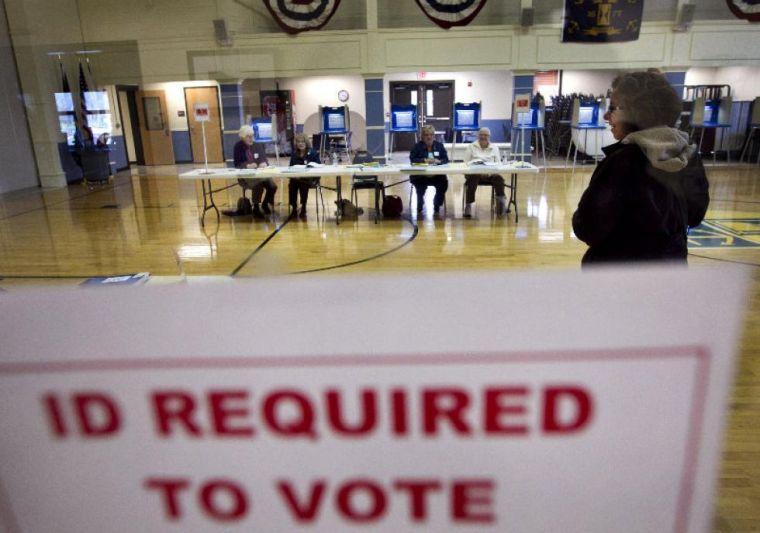Laws do not discriminate – people do.
Discrimination is defined as any act against the favor of a person or group of persons, according to Dictionary.com.
Laws are essentially words on a page that are enforced by authority figures, not actions.
If you’re driving and come to a stop sign, then, by law, you are required to stop. It does not matter the color of your skin, how much money you make, your political viewpoints or what your name is. If you get caught passing a stop sign without stopping, you get a ticket. It’s that simple.
However, Texas judges have delightfully complicated such a simple concept.
A federal panel of three Texas judges rejected the proposed voter ID law, saying it discriminated against low-income families and minorities.
Basically, they’re saying these groups throughout Texas would receive most of the burden when it comes to obtaining proper identification, that they are incapable of obtaining any form of photo identification.
Why are these people not offended when it is easier to vote for the next president of the United States than it is to buy a pack of cigarettes? And how is it discriminating if everyone must show photo identification in order to vote?
It’s astonishing to believe so many people do not have a driver’s license. A simple trip to the DMV solves that problem. But if that’s too burdensome, they can sign an affidavit and get their picture taken at the polls.
If these few simple tasks deter a person from voting, then it’s obvious this person cares little about voting and was probably among the percentage of non-voters in past elections. Therefore, implementing this law would not affect whether such a person shows up at the polls or not, but whatever show is on TV at the time of elections might.
But that doesn’t mean we should cut all restrictions and let anyone vote just because we’d like to see an increase in the number of people voting.
This past Tuesday, New Hampshire’s voter ID law won approval by the Department of Justice. The reason New Hampshire is required to submit any election law changes to the Department of Justice is due to poor voter turnout in the 1968 presidential election, because the state still required voters to take a literacy test in order to cast their vote.
Requiring such a test was deemed discriminatory.
Nothing’s official, but it’s safe to say the Department of Justice meant the test discriminated against the dim-witted – and for good reason.
In 1968, a literacy test in the red South was different from a literacy test in a blue state up North. In the South, a literacy test was used to keep most African-Americans from voting, but New Hampshire used the test to determine whether a person was competent enough to vote.
In this day and age, an individual who cannot read or write is more than likely in elementary school. If not, and they are of legal age to vote, but can’t pass a literacy test, they should not be able to vote.
Voter ID laws are meant to protect the integrity of our electoral process by keeping non-citizens and other ineligible voters away from the ballots. We need a stricter policy throughout all states to uphold the legitimacy of electing our country’s next leader.
Otherwise we’re making a mockery of the democratic process.
Taylor Hammons is a 19-year-old mass communication sophomore from Atlanta. ____
Contact Taylor Hammons at thammons@lsureveille.com; Twitter: @TDR_thammons
The Damn Hamm: Do voter ID laws discriminate against minorities?
September 7, 2012








